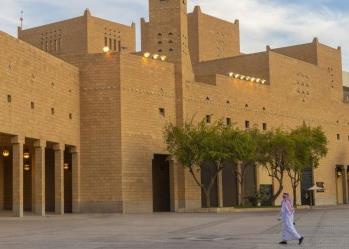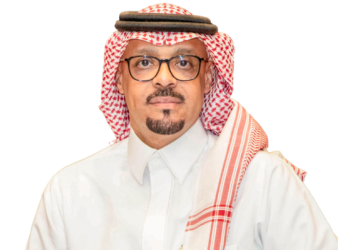
Oil field services contractor Petrofac has been winning work in the Middle East despite the global economic downturn. The key to the firm’s success is diversification
The oil business has always rewarded longevity and commitment to the industry and after celebrating 30 years of operations, Petrofac can say it is benefiting on both counts.
After starting life as a producer of modular plant equipment in Texas in 1981, Petrofac has grown into a fully diversified oil field services contractor with operations that span the globe. Headquartered in the UAE emirate of Sharjah, but listed on the London Stock Exchange, the company employs about 13,000 people around the world and has extensive operations across the Middle East.
Chief operating officer (COO) Maroun Semaan believes it is this ability to adapt to change that is one of the secrets to the company’s continued success.
Evolving business
“[Petrofac] has evolved and I think our biggest success is the people we have working for the company today,” Semaan says. “We have some very talented individuals and we are lucky to have such a resource pool.”
Semaan has been with Petrofac for 20 of its 30 years of operation. As COO, he is responsible for ensuring the firm adapts to the challenges of working in such a diverse and complex sector.
When asked about how the market has changed, Semaan says the whole industry in the Middle East has evolved and that most projects are on a much grander scale than before.
“Projects are still driven by tight schedules and clients wishing to maintain budgets, but at the same time, we have seen more emphasis on quality, technical integrity and safety,” he says.
One challenge to all engineering, procurement and construction (EPC) contractors has been the rise of South Korean companies and their run of winning major contracts in the region in recent years.
“The [South] Koreans have come in and are bidding low, but we have won billions of dollars of work in direct competition to them,” says Semaan. “EPC contracting follows cycles and when there is a low cycle, in global terms, you will see increased competition.
“We also have formed a very successful consortium with [South Korea’s] GS Engineering & Construction, so this shows that solutions can always be found.”
Semaan says it is the slowdown in the rest of the world that has compelled companies to enter the Middle East market. He also praises the local hydrocarbons sector for taking the risk to build huge process plants and production facilities, when everyone else was putting megaprojects on hold.
Middle East clients have taken advantage of the economic slowdown that has happened around the world
Maroun Semaan, Petrofac
“Middle East clients have taken advantage of the economic slowdown that has happened around the world,” he says. “They were courageous to move when everyone else was shelving projects and this is true with most of the major oil companies across the GCC region.”
Petrofac has scored some major successes in the region in terms of large plant contracts, especially in Algeria and Abu Dhabi. Abu Dhabi accounts for 15-20 per cent of Petrofac’s $11.7bn backlog. The company has even formed a joint venture called Petrofac Emirates with Abu Dhabi government controlled Mubadala Development Company to execute projects in the emirate.
“We believe the role for Petrofac Emirates is to support Abu Dhabi’s vision to be the energy capital of the Middle East,” says Semaan. “With that, you need resources on the ground, technical skills and the capabilities in place.”
Unlike many of its competitors looking to diversify their businesses in sectors such as power and water, and industry, Petrofac, on top of its capabilities in EPC contracting, has expanded its business within the hydrocarbons industry.
“We have capabilities in sub-surface pipes and cables, production technologies and [oil] well engineering, design and management, and significant business in operations maintenance and facilities management,” says Semaan.
Potential oil markets
The executive believes diversifying within the oil industry is what will ensure Petrofac’s next 30 years are as successful as the last, especially with potentially huge markets, such as Iraq, looking to substantially increase production.
“We are already doing some work in Iraq. As an oilfield services company, this is obviously going to become a big market for us,” says Semaan. “It is important to get established there sooner rather than later because when the market begins to move, it will move quickly and any success will be based on a company’s ability to react to that.”
From humble beginnings, Petrofac has grown into a FTSE 100 company and is expanding its headquarters in Sharjah to include another tower, as well as looking to establish other offices in locations including Southeast Asia.
An indicator of Petrofac’s success lies in its growing share price, which has risen from $4.80 in 2006 to $21.70 today.
“We never like to speculate on our share price,” Semaan says. “We can control the quality of our operations and the quality of our business. If we continue to do that, then the share price should take care of itself.”
You might also like...

UAE rides high on non-oil boom
26 April 2024

Qiddiya evaluates multipurpose stadium bids
26 April 2024

Al Ula seeks equestrian village interest
26 April 2024

Morocco seeks firms for 400MW wind schemes
26 April 2024
A MEED Subscription...
Subscribe or upgrade your current MEED.com package to support your strategic planning with the MENA region’s best source of business information. Proceed to our online shop below to find out more about the features in each package.








